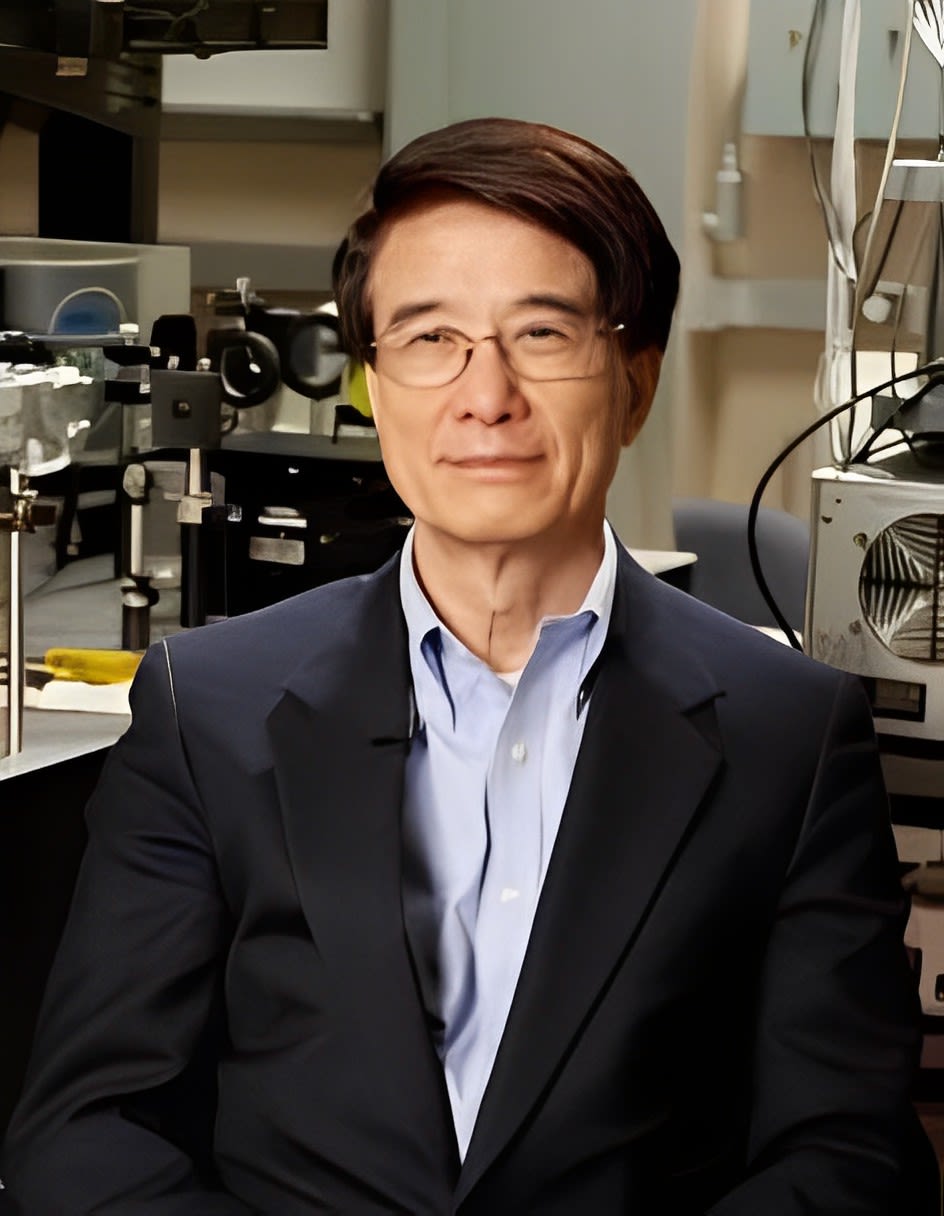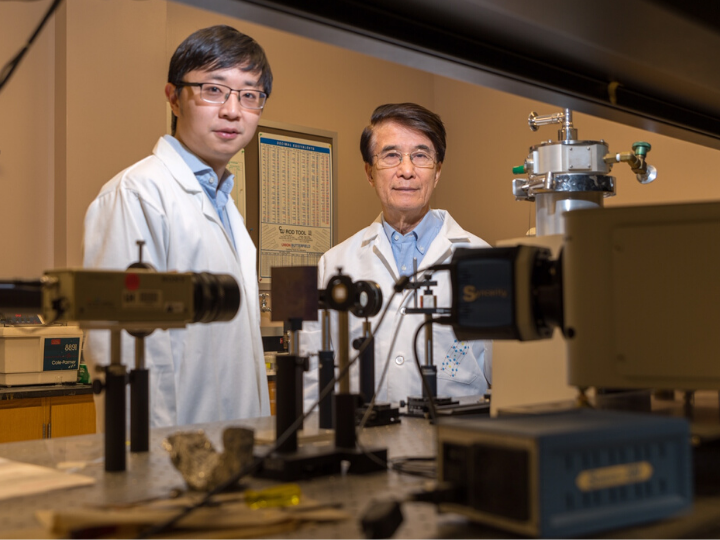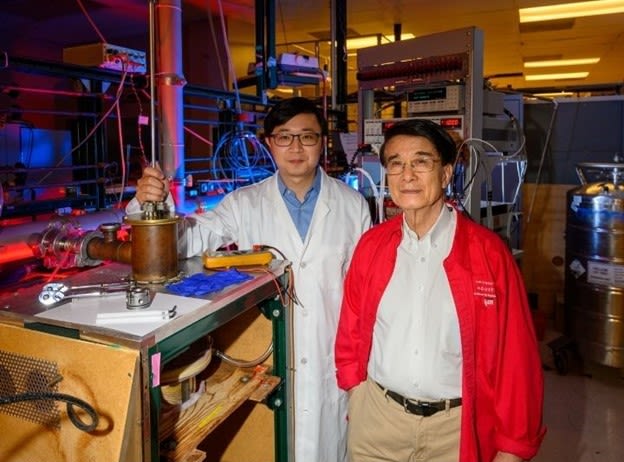Paul C.W. Chu: Pioneering Superconductivity Research Without High Pressure

Paul C.W. Chu is professor of physics at the University of Houston, T.L.L. Temple Chair of Science and chief scientist at the Texas Center for Superconductivity at the University of Houston. One of his current research areas focuses on retaining superconductivity with very high transition temperature. This normally happens under high pressure, yet Chu is exploring the possibility without requiring high pressures.
If you’re not up to date on superconductivity research, you’re not alone. You can trust, however, that Chu knows what he’s doing. With so many titles and designations following his name, you can also be confident that he is a notable name in the world of physics.

Chu is quick to note that without funding, his work would be impossible to carry out. He first came to UH in 1979 because of massive cuts to his research program at a university in Ohio. Hugh Walker, dean of UH College of Natural Science and Mathematics at the time, and Lowell Wood, then chairman of the physics department, assured him that UH would provide a positive atmosphere to carry out his work. And the rest, so they say, is history.
Chu came to UH with the prospect of building a strong physics department and a special interest in superconductivity research. He couldn’t do it alone, however, and needed to hire bright, committed scientists and researchers to join his staff. “Funding is how you build a strong department,” Chu said. “The University embraces that challenge and is building up the caliber of the University.
“Endowments like the ones the University of Houston is able to provide put my program in a very enviable position,” Chu said. “Being able to support quality graduate students and staff enables us to maintain our quest for excellence. The accomplished scientists here get the University recognized, and that, in turn, brings well-qualified students.”

Researchers Liangzi Deng, left, and Paul Chu
Researchers Liangzi Deng, left, and Paul Chu
